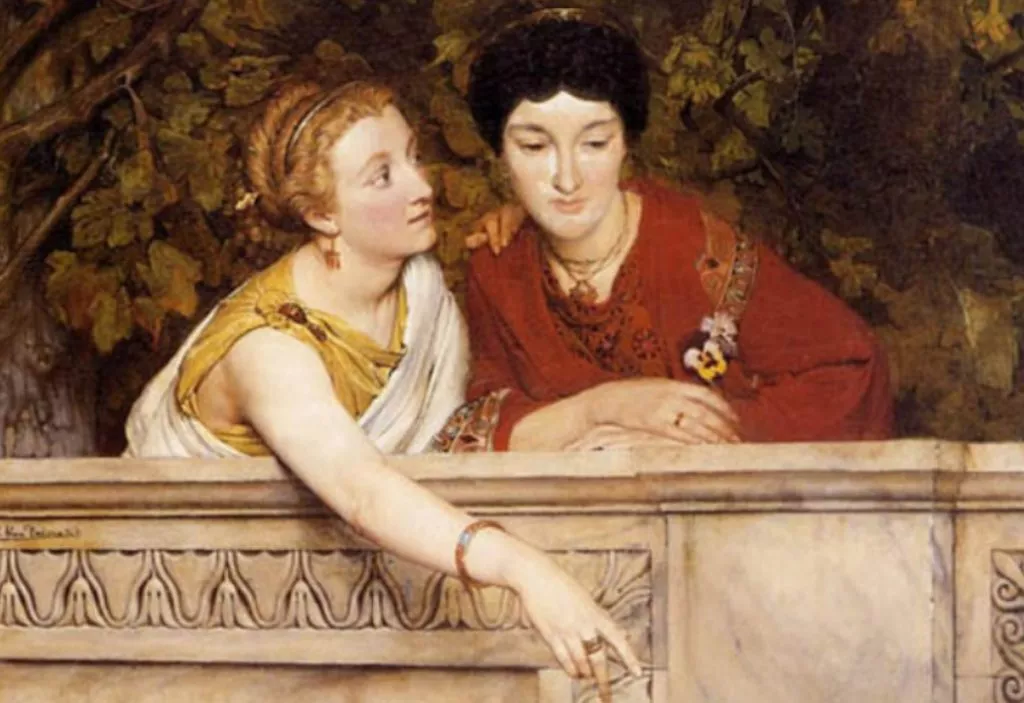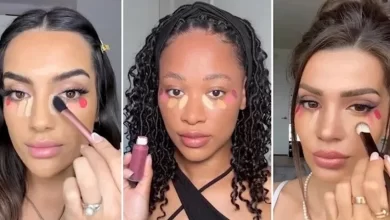The Most Painful Beauty Practices of Antiquity!

Women have been trying various care methods in order to be beautiful and well-groomed since ancient times. These care methods can be painful at times. Cleopatra, who attracts attention all over the world with her beauty, also has various care methods that she uses. It seems that the practices made to beautify in ancient times were quite painful and surprising.
Although the beauty trends emerging on TikTok are remarkable today, beauty applications used in ancient times can be just as scary. Ancient people also did everything to make their appearance as attractive as possible. Even back then, powders, creams, body lotions and make-up products were used in preference. From written and illustrated memories we can learn what ingredients were used for various cosmetic purposes and what they did to not only make them fragrant and beautiful, but also to cure baldness, cover gray hair and smooth out wrinkles.
LEAD EAT SKINS
The ancient Egyptians may have been the first to use supposedly lethal cosmetics. The extravagant eye makeup is made from a paste of malachite, a copper-containing mineral considered the stone of heaven, and galena, coal, soot, oil, and various metals containing lead sulfide.

Lead Causes Infertility and Madness
After all the harmful substances were easily and quickly absorbed by the thin skin of the eyes, these cosmetics eventually led to irritability, insomnia and mental deterioration. In ancient Greece, not only women but also men surpassed the Egyptians, and lead was applied to their entire face, not just around the eyes. Face creams made from white lead were used to remove facial blemishes and improve the color and texture of the skin. The ointment was so successful that lead-based face masks soon appeared.
Lead had such a detrimental effect on health, because in addition to drying out the skin that subsequently cracked and injured, it also caused infertility and led to nervous system problems and even insanity.
CROCOVA FERTILIZER ADDED TO THE CREAM
Ancient peoples sometimes used animal feces, urine, and bile to make makeup products. These were common ingredients in beauty masks, mostly used on the face before applying makeup. Along with chalk and lead, dried crocodile dung was also used to whiten the skin. According to some records, men often complained about the smell on women’s faces after applying make-up.
PINK CHEACHES WITH MERCURY
A white face symbolized rank and high social status in ancient times, but it did not look like a healthy person at all. For red skin, the ancient Romans used blush to look healthier. But blush wasn’t always made with safe ingredients. One such ingredient was cinnabar, the bright red form of mercury, also known as red ore. Cinnabar was often mixed into lipsticks with flower petals and red chalk.

WEIRD EPILATION
Even in ancient times body epilation played an important role in the lives of both women and men. Young Greek girls began thinning their pubic hair at puberty so that as an adult woman they no longer have to worry about removing hair in their intimate areas. Insects chewing the feathers one by one were used for hair removal.
CLEOPATRA’S RECIPE RECIPE CAUSES BURNS
Women in Egypt and the East also did not spare themselves following Cleopatra’s intimate recipe for resin, making resin from burnt lime, arsenic trisulfate, water, and olive oil, which often caused burns to the skin.
ACNE WAFER COMMONLY CAUSED DEATH
As if lead didn’t do enough damage to the skin, some old makeup products were mixed with arsenic to give them snow-white skin. In addition to face cream, arsenic was also consumed. They spread the arsenic mass on small wafers and claimed to remove acne and other blemishes and skin lesions. Those who overindulged in consuming arsenic wafers often fell ill. Accompanied by vomiting, diarrhea, and abdominal pain, the disease often resulted in death.





